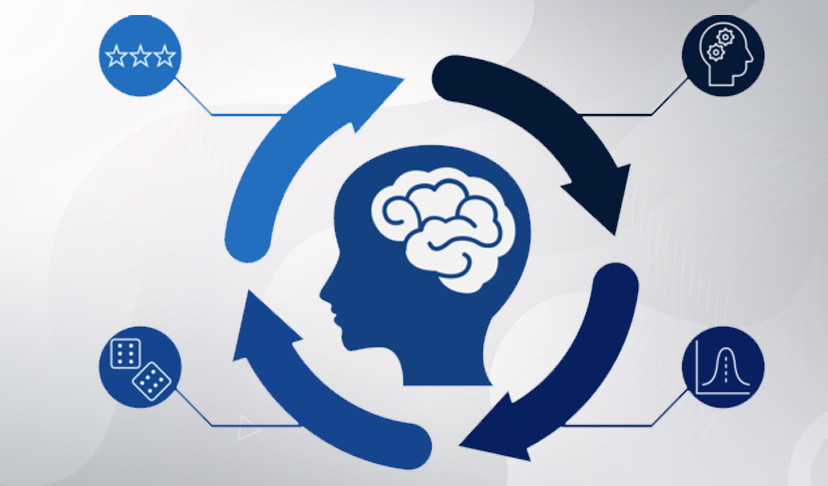As artificial intelligence (AI) continues to permeate our daily lives, its implications for user interactions, data privacy, and ethical considerations have been thrust into the spotlight. Whether you’re a consumer, developer, or business owner, understanding the terms of use and service surrounding AI platforms is imperative. This blog will delve into the intricacies of AI terms of use, service agreements, and best practices to help navigate this rapidly evolving terrain.
1. What Are AI Terms of Use and Service?
AI terms of use and service agreements are legal documents that outline how an AI tool or service can be used, and what rights and responsibilities the user and provider have. These documents often cover areas such as data collection, intellectual property, liability, user conduct, and more. As AI systems become more complex and integrated into various industries, these terms are crucial for defining the boundaries of AI interactions and ensuring legal protection for both providers and users.
2. Key Elements in AI Terms of Use and Service
- Data Collection and Usage: AI systems often rely on vast amounts of data to function. The terms typically detail what kind of data is collected, how it’s used, stored, and who can access it. It’s crucial to ensure that data collection adheres to global data protection regulations like GDPR or CCPA.
- Intellectual Property: Who owns the rights to the AI models, training data, or outputs? This section defines ownership boundaries, especially if users input their own data or use the AI tool for content creation.
- Liabilities and Warranties: Given that no AI system is perfect, these terms often highlight the limits of liability should the AI system fail or make an incorrect decision. It may also detail any warranties provided by the AI provider.
- User Conduct: This clarifies what behaviors are prohibited when using the AI tool. For instance, using the AI service for illegal activities or to propagate hate speech might be prohibited.
- Termination: How can users or the provider terminate the service? This section often includes information on what grounds the service can be terminated and what happens to user data upon termination.
3. AI Best Practices for Service Providers
- Transparency: Clearly articulate how the AI system operates, especially concerning data collection, processing, and decision-making.
- Fairness: Avoid biases in AI algorithms. Ensure that AI models are trained with diverse datasets to prevent skewed results.
- Privacy: Prioritize user privacy. Anonymize personal data when possible and ensure robust data security measures are in place.
- Accountability: Even if decisions are made by an AI, human oversight should always be present to ensure accountability.
- Continuous Improvement: AI isn’t a one-time setup. Models should be constantly refined to improve accuracy and reduce biases.
4. Best Practices for Users
- Read the Fine Print: Always go through the AI terms of use and service. Understand your rights, especially related to data ownership and privacy.
- Stay Updated: Providers may update their terms from time to time. Keeping abreast of these changes ensures you’re always informed.
- Use as Intended: Avoid manipulating AI systems in ways they aren’t designed for. This could lead to inaccuracies or unintended consequences.
- Feedback Loop: If you notice biases or errors in AI outputs, provide feedback. This can help providers refine their models.
5. The Future of AI Terms and Practices
The legal landscape for AI is ever-evolving. As AI technology advances, terms of use and service will need to be continually updated to encompass new challenges and ethical considerations. Users and providers must foster a collaborative environment, emphasizing transparency, fairness, and mutual understanding.
Conclusion
Navigating the world of AI requires more than just technical knowledge; it mandates a thorough understanding of the legal and ethical implications. By staying informed about AI terms of use, service agreements, and best practices, we can harness the power of AI responsibly, ensuring that it benefits humanity while mitigating potential pitfalls.


